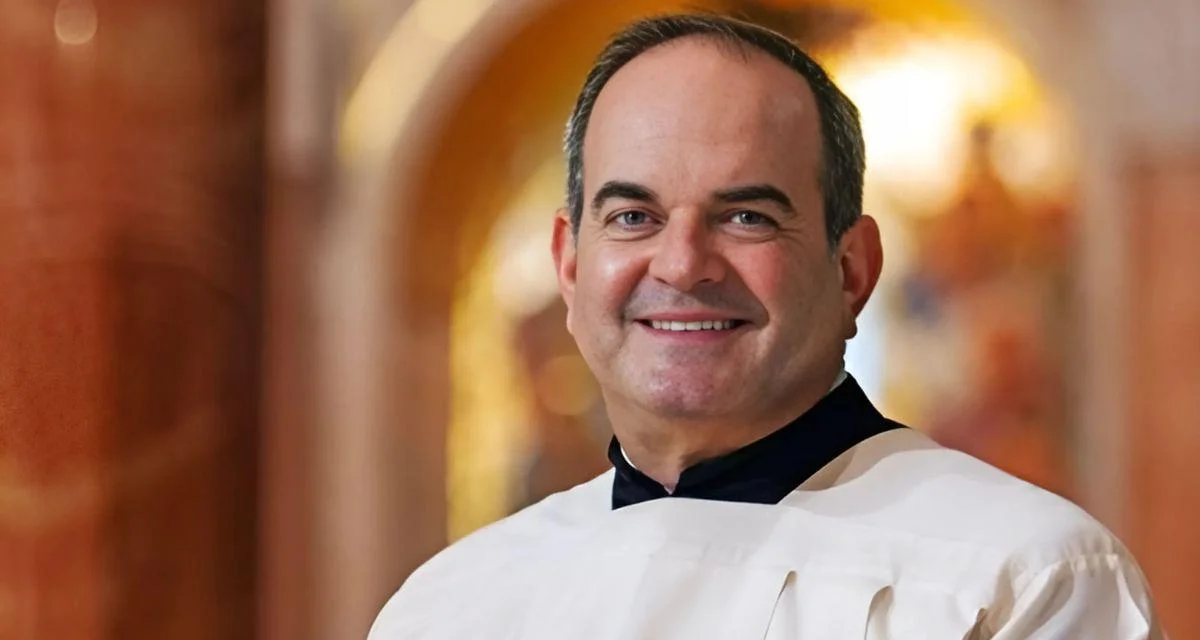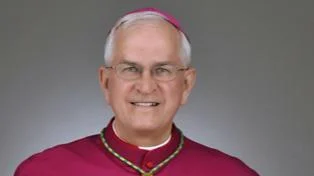
Reverend Joseph E. Kurtz, D.D. Bishop | Archdiocese of Louisville
Pope Francis commenced the second session of the Synod of Bishops, defending his decision to grant voting rights to women and laymen at the assembly. This move, he stated, aligns with the Second Vatican Council’s teachings that a bishop's ministry is exercised with and within the people of God.
“It is certainly not a matter of replacing one with the other, rallying to the cry: ‘Now it is our turn!'” Pope Francis remarked as 368 synod members, including 96 described by the Vatican as “non-bishops,” began their discussions on October 2 in the Paul VI Audience Hall. The pope emphasized collaboration among all members in serving God's mercy.
Pope Francis addressed concerns about his expansion of synod membership. German Cardinal Gerhard Müller, former prefect of the Congregation for the Doctrine of the Faith and a synod member appointed by Pope Francis, expressed uncertainty about “the canonical status of this assembly” due to many non-bishop members.
Traditionally, men’s Union of Superiors General elected ten members—usually priests or occasionally religious brothers—as full synod members. Last year, Pope Francis introduced women into this process by asking the women’s International Union of Superiors General to elect full members similarly. In total, 57 women were named as members for this year's session.
The pope maintained that this assembly composition reflects a method consistent with church tradition and Second Vatican Council teachings. He stated that bishops should not think of themselves “without others.” The presence of non-bishops does not diminish but rather enhances episcopal authority by emphasizing relational dynamics within church leadership.
Quoting “Veni Sancte Spiritus,” Pope Francis prayed for guidance from the Holy Spirit in fostering a truly synodal church focused on mission and outreach.
Cardinal Mario Grech, secretary-general of the synod, highlighted that involving laypeople only at initial stages would create an illusion of participation if decision-making remained centralized. He warned against extinguishing prophetic voices within God's people once discernment shifted solely to bishops.





 Alerts Sign-up
Alerts Sign-up